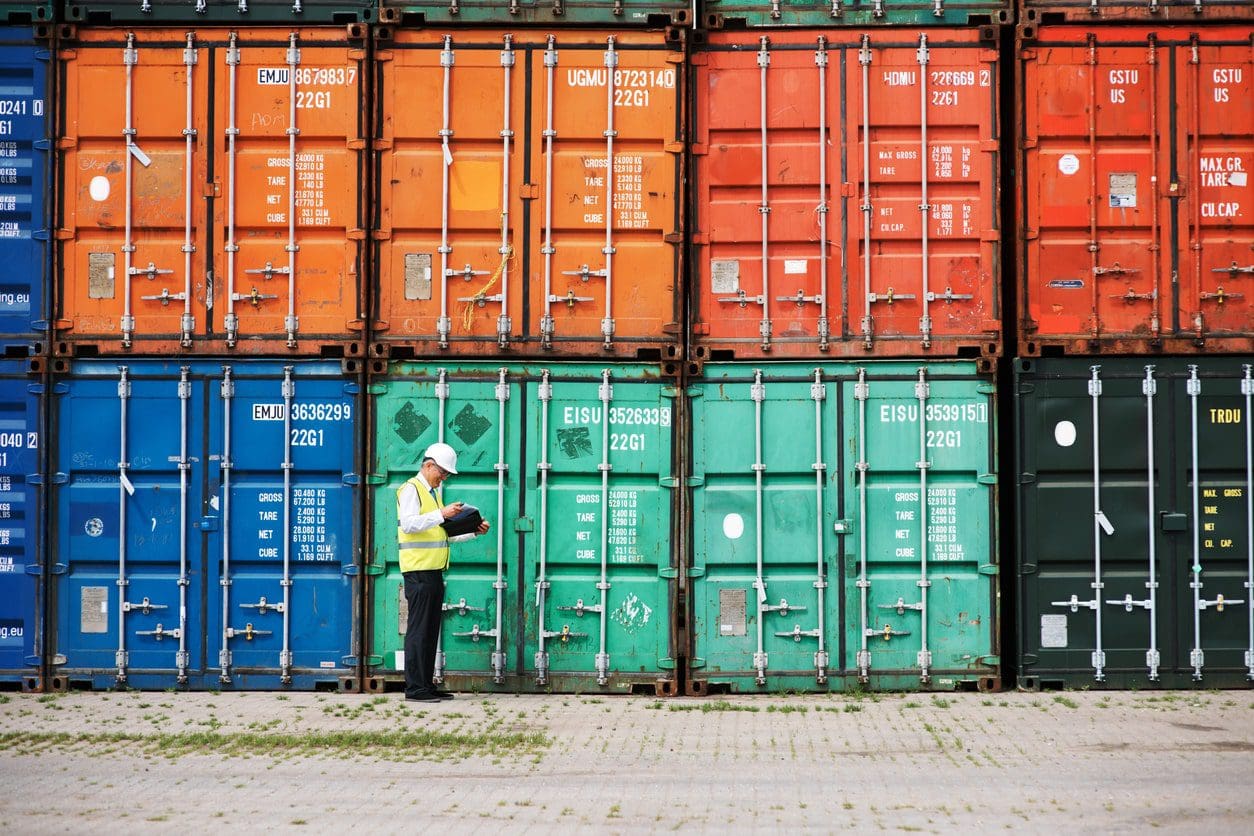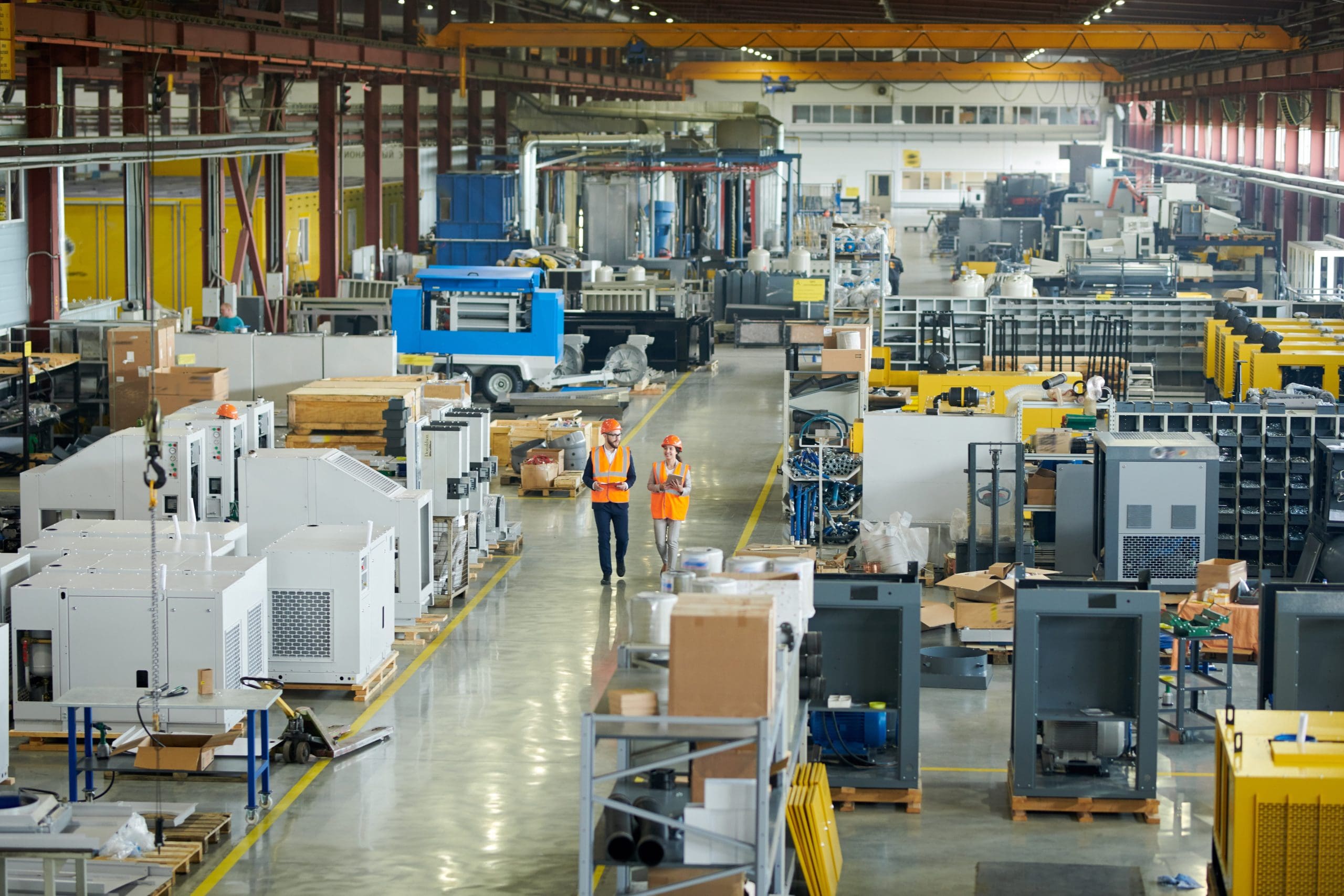As your business grows, you’ll review areas where you can trim expenses without hurting product quality or brand growth costs. Labor, for most companies, is often the biggest business expense. So it only makes sense to move your production overseas where labor is cheaper, right? Well… it’s not that simple.
In this article, we’ll discuss why businesses opt to move their manufacturing overseas as well as leave you with some tips on finding quality overseas manufacturing companies.
Why do companies move manufacturing overseas?
In particular, why are U.S. firms moving manufacturing jobs overseas? Unsurprisingly, the main reason why companies move their production overseas is to save money on production costs. Many business owners will choose to move their manufacturing operations overseas if it means keeping production costs low without compromising the quality of products. Other factors such as lower costs of materials and skilled labor also play a vital role in a business’ decision to outsource their manufacturing needs. Outsourcing the production of goods offshore dramatically impacts a business’ margins—saving money on the procurement of materials, manufacturing, labor, and logistics.
Why is it cheaper to manufacture overseas?
As mentioned above, one of the biggest business costs is labor. Federally, the U.S. minimum wage currently sits at $7.25 an hour. If you think that’s already low, countries like China, the Philippines, and Vietnam have much lower labor costs ranging anywhere between $3 to $6 an hour. These countries offer discounted rates for bulk orders and offer a skilled labor force, all at a fraction of the cost.
Another important reason why it’s less expensive to manufacture overseas is fewer regulations. In the U.S., the reality is that complying with myriad regulations can dent a company’s resources as they adhere to multiple federal, state, and local laws and regulations. However, this does not mean that regulations in foreign countries do not exist. Rather, regulations are known to be more relaxed and flexible, enabling a company to operate with minimal interference.
How much cheaper is it to make things in China?
It depends. While it’s true that making goods in China is relatively cheaper because of lower wages, the type of product being made should also be considered. It’s important to note that labor is only a portion of a product’s cost; other factors such as the quality of raw materials, packaging, and logistics all play a role in the total cost of a product.
How do I find manufacturers overseas?
Finding the right overseas manufacturer can be an overwhelming task. Before hiring an overseas manufacturer, you have to consider a few critical components that would turn your idea into a tangible product. If you’re currently on the lookout for a manufacturing partner, here are some factors you should to take into account:
- Don’t focus on the price
One common pitfall in overseas manufacturing is putting too much emphasis on the price. That might sound counterintuitive in an article about pricing, but here’s why it’s the top suggestion: If you want your customers to be happy, you must first consider the quality of assembly before anything else. Does your potential manufacturer produce sturdy products? Does the finished product pass the performance tests you envision to establish product quality? Ideally, you want your overseas manufacturer to supply you with quality products at a reasonable cost.
- What are the taxes and regulations like?
Each country carries its own laws and regulations. As a business owner, it’s understandable that you don’t have the time to learn the ins and outs of business practices in another country. The solution? Consider hiring a sourcing company. A sourcing company will help you identify the best manufacturer for your product and ensure that the final product fulfills your expectations while navigating the regulations of the production country.
- Find a partnership, rather than a one-off deal
When choosing between several overseas manufacturing companies, businesses often look for the best deal possible as opposed to looking for a lasting partnership. While selecting based on price is certainly understandable, businesses should look to build a business relationship with their overseas manufacturer. This assures that both parties are invested in each other’s success and can lead to greater success across years and multiple products versus hastily selecting a single manufacturer based on their initial quote.
- To have a better idea, schedule a factory visit
For a business relationship to prosper, you need to spend time on the ground to connect with the people overseeing your overseas operations. Scheduling regular factory visits not only shows how serious you are about building a business relationship with your manufacturer but also gives you a deeper insight into your overseas production operations. Unable to travel but still want a physical presence with your suppliers? Some sourcing companies feature offices domestically and abroad so they can oversee production and lead negotiation locally.
The Top 9 Tips to Find Great Overseas Manufacturers
Understand your gross margins and strategy
It is essential to have a clear understanding of your gross margins and overall manufacturing strategy when choosing an overseas manufacturer. This gives you, the business owner, a better idea of your business’ financial health and allows you to develop a strategy to find a manufacturer that could address your production requirements.
Start learning about the manufacturing industry
One of the most crucial things to do when finding an overseas manufacturer is research. While researching seems simple to suggest, choosing the best manufacturer that would meet your company’s unique needs is a tedious yet necessary task. It is necessary for you to learn about the manufacturing industry and the type of manufacturer you are planning to work with. What type of clients do they have? What sorts of products do they make? What is their average turnaround time? Answering these questions will give you a clear idea about the potential benefits of working with a potential overseas manufacturer. Sourcing specialists can also help take the research tasks and present the best options, and they may even have a list of pre-vetted and trusted suppliers to choose from.
Due diligence is important
Speaking of research, another critical thing to do in the process of finding an overseas manufacturer is conducting proper due diligence. Reputable manufacturing companies will have no problem with providing you relevant information such as business licenses and product pricing. Your potential overseas manufacturer should also let you know if they subcontract work to other factories in the event that orders become unmanageable.
Find out their average turnaround times
Due to the nature of overseas logistics, expect that your products would have a longer shipping time versus something produced domestically. Partnering with a sourcing company can help ensure that the production of goods moves much faster to be able to meet important deadlines.
Check quality control practices
In manufacturing, quality control guarantees that products are well-built and are free from defects. Vetting a potential manufacturer’s quality control practices to make certain that customers would not be disappointed or be put at risk should be a priority. Using a product specification sheet (PSS) and inspection specification sheet (ISS) ensures the finished product matches the resiliency and use you had in mind during the design process. You’d be surprised how many water bottles get shipped but suffer needless leaks because proper testing wasn’t completed. Use a PSS and ISS to limit defective design and production.
Source from a country that offers multiple financial incentives
The general aim of these financial incentives is to acquire the investments of foreign companies. For instance, China has a multi-faceted policy in place that boasts affordable labor costs and a variety of other financial incentives directed toward foreign businesses. To successfully cut costs without compromising the quality of your products, it is imperative for you to equip yourself with enough information about the multiple financial incentives that you can take advantage of.
Have a clear product specification sheet with your requirements
Setting clear requirements and specifications minimizes the risk of a project’s failure. Make sure that you maintain open and honest communication between you and your manufacturer. When a manufacturer clearly understands what you are asking from them, they can create your product without complications from start to finish.
Understand the pros and cons of manufacturing overseas
Weighing the pros and cons of overseas manufacturing is a must before choosing your potential manufacturer. Here are some of the advantages and disadvantages of overseas manufacturing:
Pros of Overseas Manufacturing
- Reduced labor cost
- Cheaper raw goods and materials
- Easy access to a skilled workforce
- Fewer legal and economic regulations
Cons of Overseas Manufacturing
- Risk of losing intellectual property
- Quality control concerns
- Minimum order quantities often involve large-scale orders
- Longer shipping timeline
Conduct regular audits
This is a no brainer. It is essential for you to perform factory audits to improve the efficiency and productivity of your manufacturer. Factory audits also help businesses ensure that overseas manufacturers are compliant with the necessary laws and regulations. Audits show your overseas manufacturer that you are serious about ensuring the quality of your products as well as building a business relationship with them.
The main reason why companies manufacture overseas is… cost.
The truth of the matter is, producing goods in the U.S. can be expensive. If your business is already experiencing tight cash flow, outsourced manufacturing is one alternative ays to cut costs. Additionally, the rise of specialized funding options for growing businesses can allow them to have their money go further and perhaps avoid outsourcing, or can add additional strength in combination with a new manufacturing strategy.
One financing option that companies can look into is Kickfurther. In a nutshell, Kickfurther is an inventory funding platform enabling product businesses to raise money for their inventory needs without tying up all available cash on hand in expensive inventory orders. With Kickfurther, you fund inventory to meet your need and trajectory but make no payments until inventory is available and sales begin. Kickfurther pays your manufacturer directly (and can reimburse you for recently produced inventory) and you set a payment timeline of one to 10 months based on your manufacturing and sales cycles. . If you want to learn more about Kickfurther, visit www.kickfurther.com.









